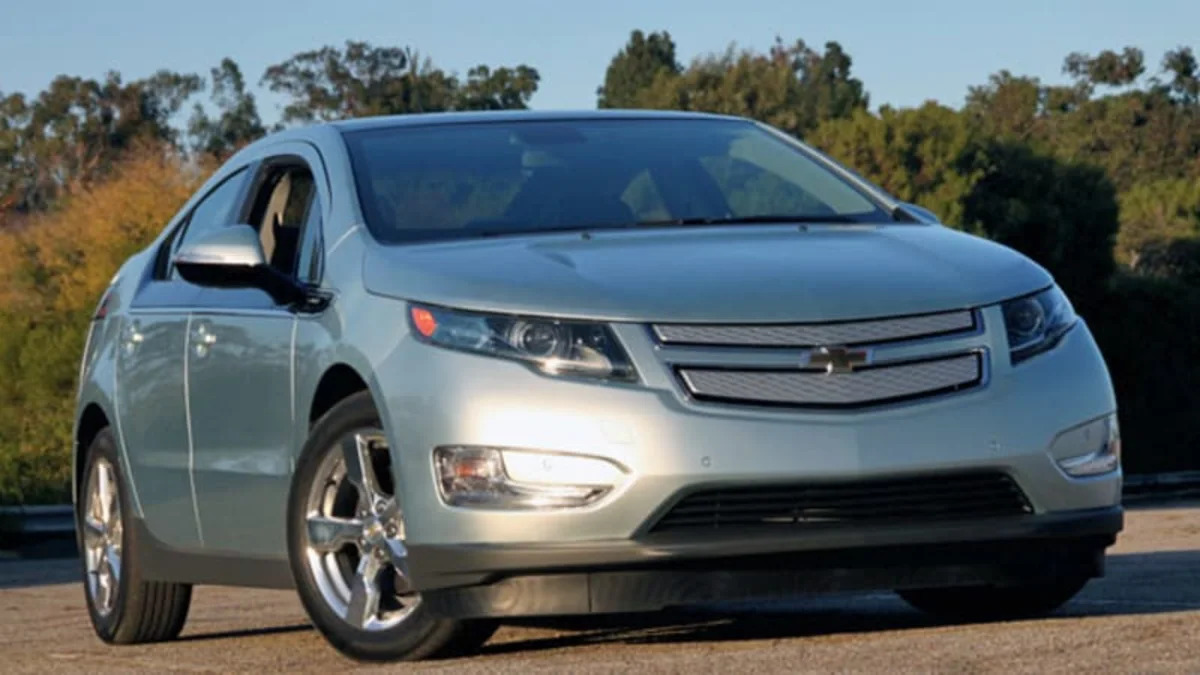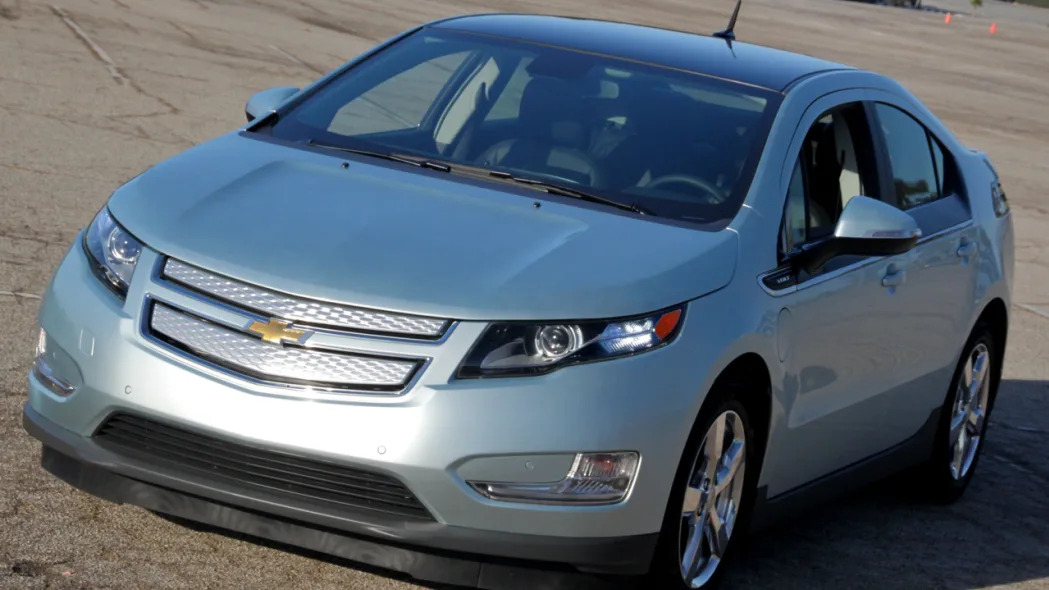2011 Chevrolet Volt – Click above for high-res image gallery
How much influence should the government have when setting out a path for more fuel efficient vehicles? It's a question that has been debated at length on these very pages already, and it's an issue that seems likely to generate plenty of discussion in the coming years. For instance, is the federally mandated $7,500 tax credit for electric vehicles too little, too much or just right? Well, that depends on who you ask.
Slate's Matthew DeBord wonders why the government doesn't push its credit all the way up to $10,000 per vehicle, specifically the 2011 Chevrolet Volt in this instance. DeBord reasons that the car would sell a lot more units at $30,000 (after tax credit) than at $40,000 (before tax credit, estimated)... and he's probably right. But does that mean the government should back the car with such a large incentive?
Daniel Indiviglio from The Atlantic offers an emphatic 'No,' suggesting that doing so would essentially amount to the government picking a winning design from a winning automaker – an automaker that was recently rescued from bankruptcy with a very large infusion of taxpayer money, no less. We're not picking sides, but both arguments have their followers and detractors. Feel free to offer up your own opinion on the issue in the comments.
In any case, General Motors is going to need to sell a lot of Volts for the company to make any money on them. In fact, it could take 10 years or more before GM makes a dime on the Volt. Nobody ever said that blazing the fuel-saving trail was going to be easy... or profitable.
[Source: The Atlantic, Slate, The Windsor Star]



Sign in to post
Please sign in to leave a comment.
Continue